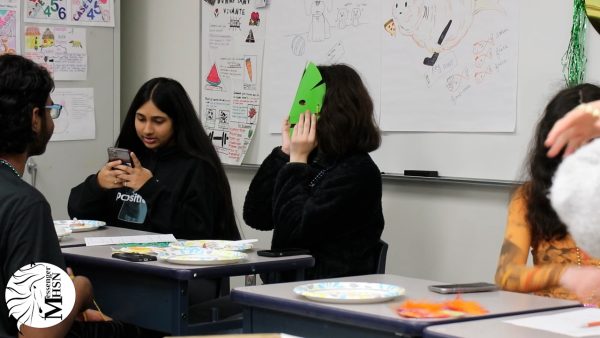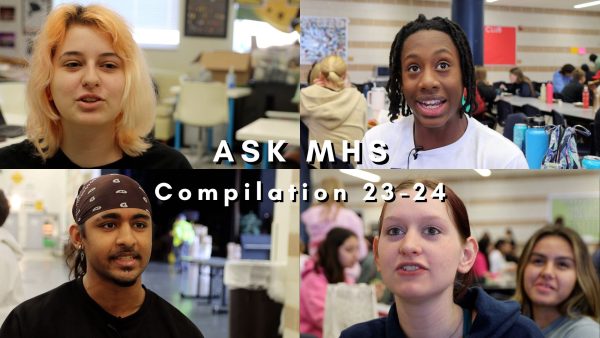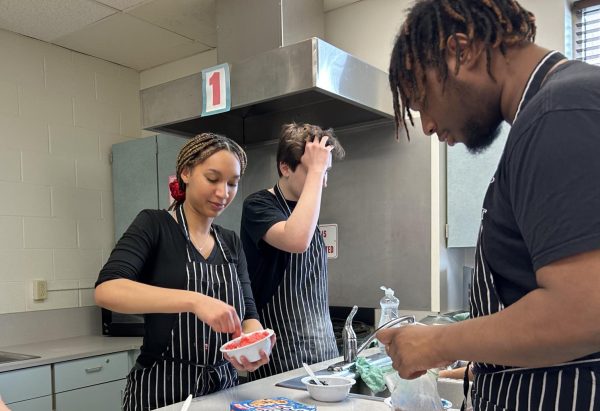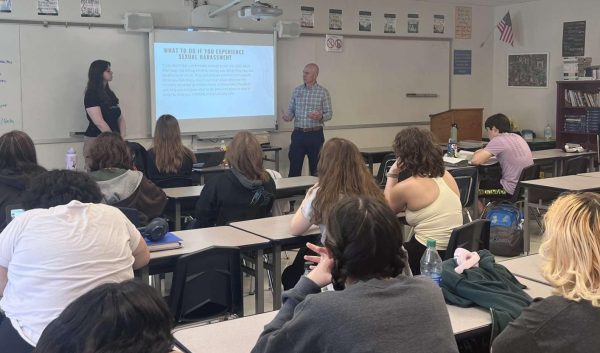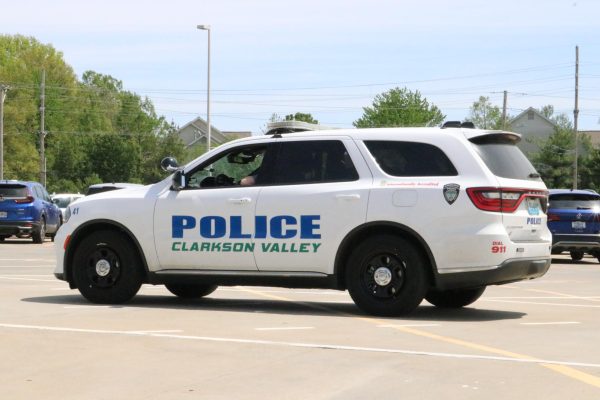Social Media Increases Society Awareness in Youth
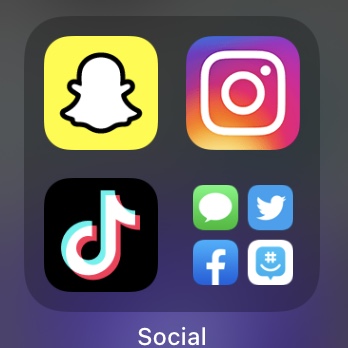
Media by Anahita Kaul
Some students feel as though it is harder to do much more than just raise awareness through posts and sharing information, due to their age.
When Sneha Chandra, senior, started posting political posts on her social media in April 2020, she never realized how much of an impact it would have on her life.
Using Twitter, Instagram and Tik Tok, her content is a little bit of everything from specific incidents to long-term societal issues.
“Many people are uneducated about social issues and current events,” she said. “Some also have a mentality that ‘if it doesn’t affect me, why should I care?’ but if I can help change that narrative, our society as a whole can create some real change.”
Since posting, Chandra has received a lot of support, but she still has to deal with her share of negative comments. She tries to use her experiences as a learning opportunity.
“I’ve learned hate is taught,” she said. “If something is taught, you can unteach it. After noticing the divide, invalidating comments, and hatred, I noticed that we have the power to educate others to create a positive change.”
Chandra has seen an increase in the number of her peers posting more and more posts about political and societal issues in more recent months. And she’s not alone.
After noticing the divide, invaliding comments, and hatred, I noticed that we have the power to educate others to create a positive change.
— Sneha Chandra
Raymond Holmes, language arts teacher, said he has seen a rise in the number of students having an awareness of issues in society thanks to social media.
“I think it seems natural to me that teens would use them as a way to express their thoughts on different social issues that they are passionate about,” he said.
However, while he recognizes the effectiveness in social media as a tool to bring awareness on a topic, he believes that this awareness needs to be followed by some kind of action to avoid the activism becoming more performative rather than productive.
“Social media activism could be performative in nature, so it’s kind of hollow or that it kind of falls flat when it is not followed up with actionable steps,” Holmes said.
Some students feel like because of their age it is harder to do much more than just raise awareness through posts and sharing information. Katie Arens, freshman, often posts informational posts on her Instagram stories and tries to educate herself on the topics before sharing, but she finds it hard to do much more because of her age.
Social media activism could be performative in nature, so it’s kind of hollow or that it kind of falls flat when it is not followed up with actionable steps.
— Raymond Holmes
“I feel like a lot of people see it as fake and just doing it for the attention but as I’m only 15 there’s not really much else I can do so I really try and share as much as I can,” Arens said.
But Arens said education is something that everyone should and can do.
“I think it’s really important for people to be educated on a lot of things that are happening in the world. I don’t have a big platform but helping just one person can help educate people,” she said.
Shelly Justin, language arts teacher, said she is seeing her students be more engaged in political and societal issues because of social media but she worries about the younger generation’s affinity for “cancel culture” and what she feels is a lack of communication between two sides of an argument.
“Unfortunately, I fear our young people do not understand what a real argument is. You must listen to all perspectives to have real democracy, even if everyone does not agree,” Justin said.
Justin reminds students to do their research before blindly supporting a cause.
“Don’t just believe what people tell you, and look at both sides carefully and have an informed opinion,” she said.
Your donation will support the student journalists of Marquette High School. Your contribution will allow us to purchase equipment and cover our annual website hosting costs. You may become a PATRON by making a donation at one of these levels: White/$30, Green/$50, Blue/$100. Patron names will be published in the print newsmagazine, on the website and once per quarter on our social media accounts.



